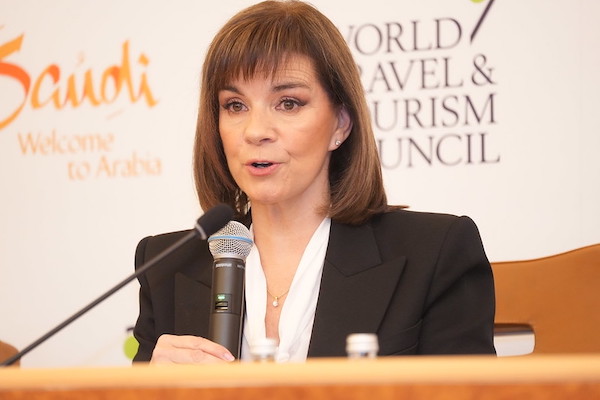The Covid-19 pandemic underscored the vulnerabilities in global travel and health systems, necessitating the urgent adoption of robust preventive measures.
Solidarity in health strategies and digital innovation is key to ensuring seamless travel, even amid future health crises.
Lessons from the Pandemic
The Covid-19 pandemic brought global travel to a sudden halt, revealing vulnerabilities in our health and travel systems. It exposed the lack of preparedness and highlighted the need for robust public health infrastructures. Many industries struggled, but perhaps none more so than the travel sector, which was caught unprepared for such a global catastrophe.
According to World Travel & Tourism Council president Julia Simpson, the pandemic taught us that cooperation at the highest international levels is essential. The travel industry must adopt comprehensive strategies to brace itself better for future global health challenges.
The Role of Global Health Certification
To prevent being caught off guard by future pandemics, nations worldwide are being urged to support the World Health Organisation’s Global Digital Health Certification Network. This initiative will enable seamless verification of health credentials across borders, ensuring travel continuity even during health crises.
The Global Digital Health Certification Network (GDHCN) aims to facilitate international travel by standardising health certificates. Embracing such innovations can minimise disruptions in the travel sector during pandemics.
The Economic Imperative of a Resilient Tourism Sector
Tourism plays a critical role in global prosperity, contributing over US$10 trillion annually to the world economy and sustaining 330 million jobs. This vital sector fosters cultural exchange and enhances global understanding. A strong, resilient tourism industry is not just beneficial but necessary for economic stability and growth.
Resilience in tourism is not only an economic issue but a cultural one. The sector’s ability to bounce back from crises is essential for maintaining the cultural bonds it helps strengthen.
Resilience in tourism is not only an economic issue but a cultural one.
The Call for a Pandemic Treaty
In response to the devastating effects of the pandemic, calls have been made for the establishment of a pandemic treaty. Such a treaty would ensure global health is prioritised and that measures are in place to prevent similar occurrences in the future.
This treaty would focus on equitable distribution of medical resources and the standardisation of health checks worldwide, creating a unified approach to managing health crises.
Promoting Seamless Health Checks Across Borders
A unified global health strategy hinges on the participation of nations in initiatives like the GDHCN. Such participation ensures that health checks are accepted universally, facilitating smoother international travel.
WHO Director-General Tedros Adhanom Ghebreyesus emphasises the importance of global cooperation, stating, “Nobody is safe until everybody is safe.” His words highlight the necessity of standardised health measures.
“Nobody is safe until everybody is safe.”
Ensuring Interconnectedness in a Small World
To maintain our interconnected world amid health threats, participation in global health networks is critical. Joining networks like the GDHCN ensures cultural and economic ties are preserved. This interconnectedness was once a concept explored in themed attractions but is now a vital reality.
The WTTC advocates for these measures, suggesting that such interconnectedness is essential for global harmony and economic prosperity. The world is indeed small, but it requires collaborative efforts to keep it accessible and safe.
The Path Forward
With these measures in place, the travel industry can prepare for future challenges, ensuring that it is neither vulnerable nor isolated. The adoption of these strategies will protect both economic interests and public health in an increasingly interconnected world.
To move forward, the travel industry must prioritise resilience and cooperation, leveraging health certifications to harmonise global travel.
With proactive strategies, it can safeguard against future crises, fostering a safer, more interconnected world.

